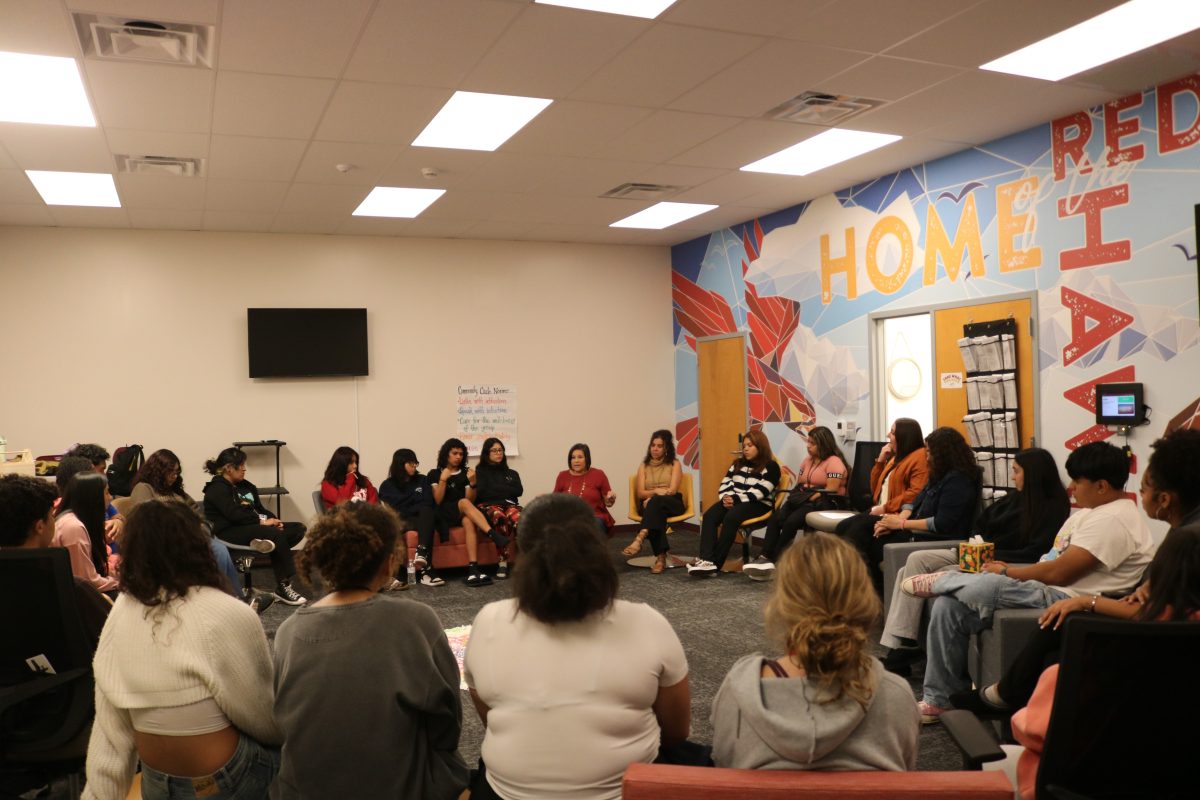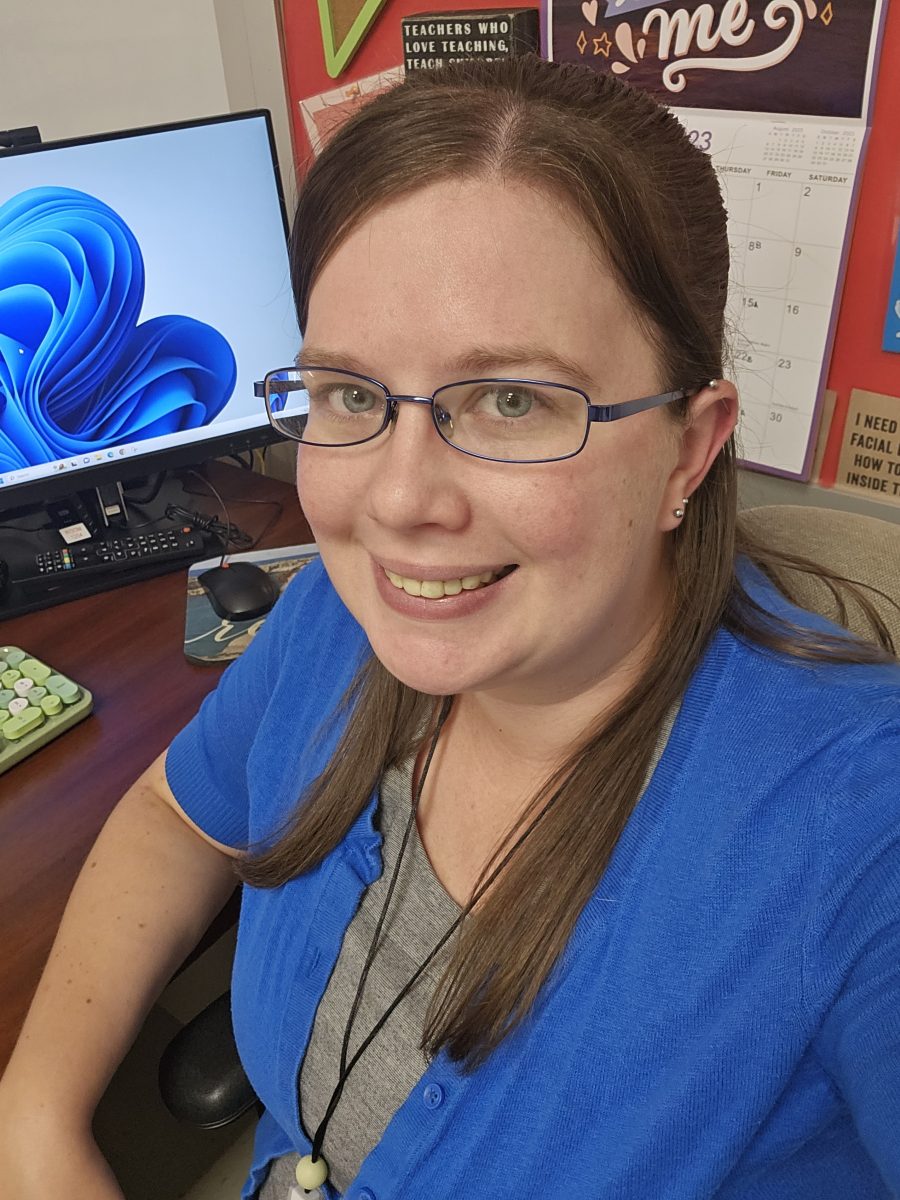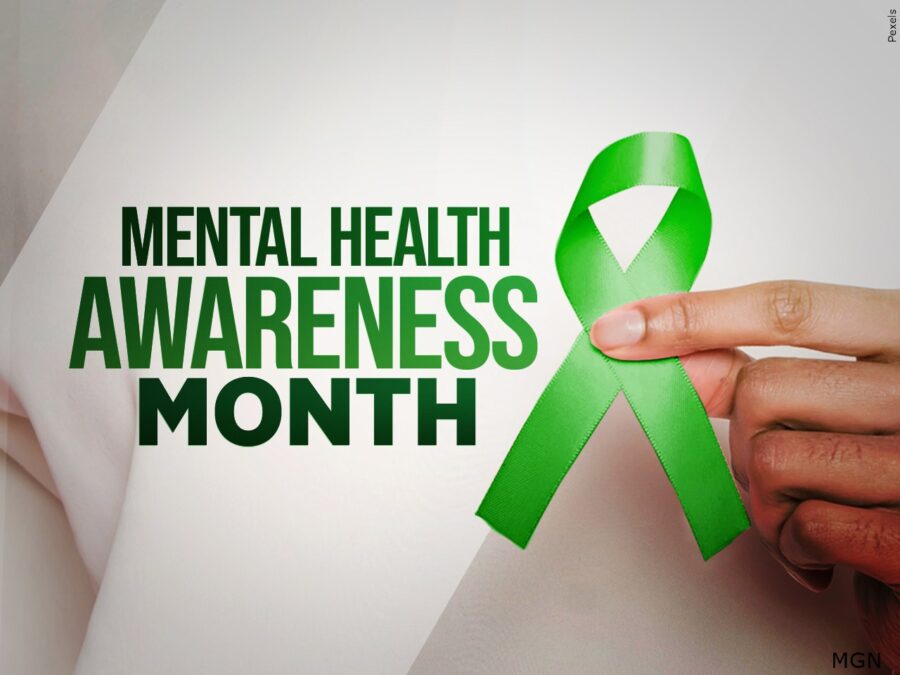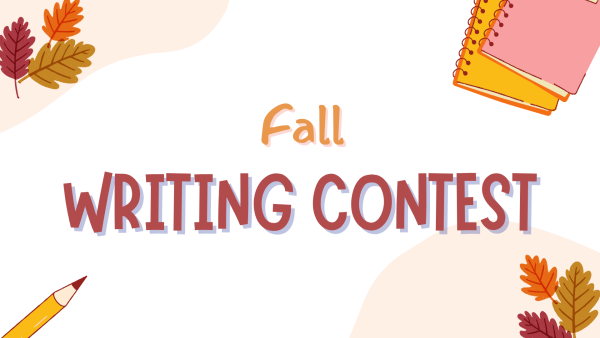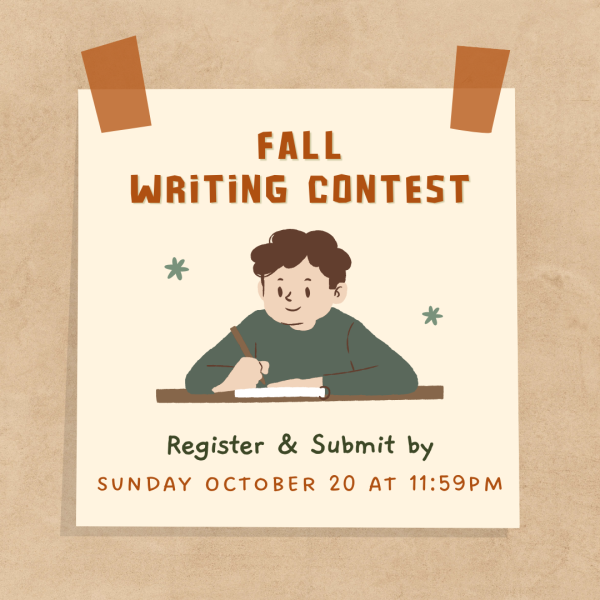Mental Health Matters: A Few Tips for Taking Care of Yourself
May is Mental Health Awareness Month
May is Mental Health Awareness Month, it’s important to take care of ourselves and check on one another.
Background
Ever since 1949, May has been declared Mental Health Awareness Month by The Mental Health America (MHA) organization. During this month, many people direct their focus to help fight the stigmas surrounding mental health. Much effort has been put in by organizations within the United States, such as The Department of Health and Human Services, to stress the importance of treatment and understanding mental health problems. In school it is crucial to have a good understanding of students’ mental health as a guidance counselor or teacher. By celebrating recovery, educating peers about mental illnesses, and understanding how trauma can affect a child or family; you’re allowing a safe space for students, along with better communication and comfortability.
To continue, school environments could affect students’ mental health and work ethics. One in five highschool students have experienced mental health problems as a student, it can affect the level of concentration, energy, and motivation. Some of these mental health problems sprout from social media, social and environmental changes or exposure to abuse and violence. There are many practices and methods that guidance counselors and teachers could use to support their students emotionally. Many teachers might not realize what may be going on in a student’s life for them to act out or fall behind.
Tips and Tricks From an ACIT guidance counselor
What do you do as a guidance counselor to support students struggling with mental health issues?
Mrs. Keen: Mental health is just as important as physical health. When we enter periods of poor mental health you might find the ways you’re frequently thinking, feeling or reacting become difficult or even impossible to cope with. I always encourage students to practice mindfulness. I also always try to connect students with other possible resources such as therapy or apps they might find helpful.
Are there any methods or practices you teach to students to help them self soothe or emotionally regulate?
Mrs. Keen: Get plenty of sleep, take a walk outside, read a book, listen to music, meditate and state daily positive affirmations. There are also a lot of apps out there to help. I like headspace.
Simple things you can do for your students is just being thoughtful, doing check-ins on their feelings, teaching stress management, educating and supporting them with mental health! As a teacher you can also be understanding as to when students turn in late assignments and are struggling to focus in class. Teachers could inform guidance counselors when students are struggling and they could have a meeting with the student. It’s important to be patient and look beyond the students’ behaviors!
Mental Health Resources
https://mhanational.org/31-tips-boost-your-mental-health https://mhanational.org/crisisresources https://mhanational.org/ten-tools
